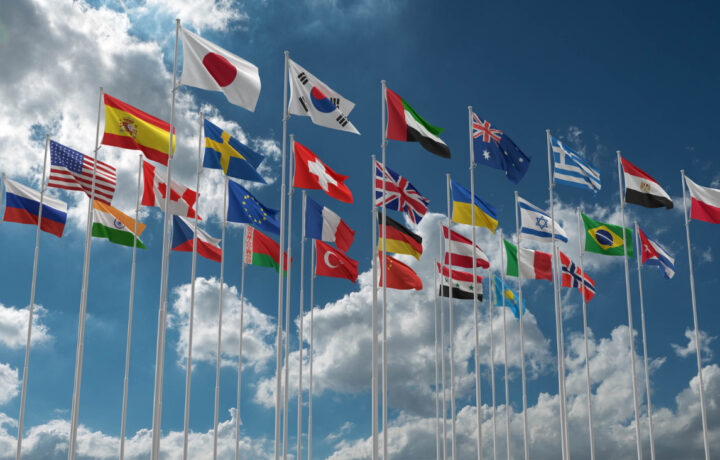Ever feel a little overwhelmed at all the events happening around the world constantly? Getting an understanding of geopolitical strategy will give you a lens to interpret what’s going on around the world. If you’re interested in studying geopolitical strategy, but don’t want to spend thousands of dollars on conferences, classes, or even textbooks, there’s an easy solution for that.
5 Free Resources to Understand Geopolitical Strategy
Here are several very current publications that only cost you a download in pdf format, so you can grow your understanding of geopolitical strategy. You might not be the one making all the decisions, but it’s helpful to know how to see how everything fits together.
1. Countering Russia’s Hybrid Threat In Arctic
This 40 page easy read from the European Leadership Network (December 2024) details how Russia uses disinformation, traditional cyber-attacks, espionage and tactics such as signals jamming to try to get the message to individual countries such as Finland that they are officially an enemy since joining NATO last year. Apparently, attacking NATO directly is not in Russia’s game plan, but picking on individual countries in the Arctic Region that are individually weaker than Moscow seems to be in full force and is clearly illustrated in this informational guide. (note: maybe we call these attacks Cybrid instead of Hybrid).
2. Council on Foreign Relation’s Ten Most Significant World Events of 2023
This is actually a blog post with a bonus video attached written by the CFR senior vice president James Lindsay. This is not just about military conflict, but includes other concerning matters such as climate change, space exploration and of course, the AI industry. All ten events have multiple links that allow you to go down as many rabbit holes as you want.
3. The Global State of Democracy 2023: The New Checks and Balances
The International Institute for Democracy and Electoral Assistance (International IDEA) is an intergovernmental organization that supports democracy worldwide. This year, IDEA released this 210 page report (much of which is endnotes) that details criteria in whether a country is truly a democracy, how it is trending and keys to future democracy success. A very metric oriented look at an often subjectively defined political system, this is a wealth of information.
4. The Coming Boom in Rare Earths
This article in the IEEE Spectrum is not long but it is important. Rare earth elements are just what they say, either hard to find or widely dispersed not occurring in large clusters. They are metallic, very conductive, are key to components in the tech, space, and defense sector. For a better description of each element read USGA guide to REE. Why all of this is important is that right now China controls about 90% of the REE industry. However, every day the US and its allies are gaining ground in establishing their own niche of the industry. You can see where this is going…..
5. The Federal of American Scientists Nuclear Information Project
This is a short article that is linked to a bunch of references. Remember nukes? Before Covid-19, Cybersecurity, and AI ruled the news, they were a concern. This guide to who has them, who may get them, and where they could be used is all here and should provide some wake up calls to those who choose to study the material in detail.




